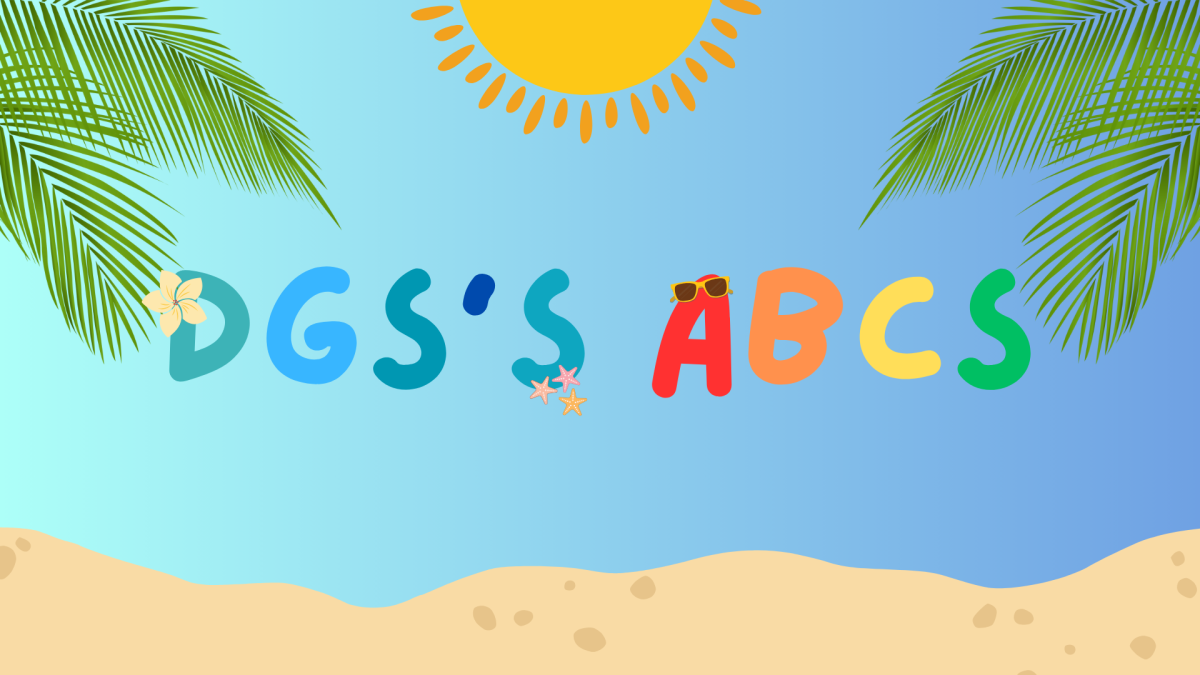Bilingual myth buster: do you need me to talk slower?
November 16, 2021
As a bilingual first-generation American, I have heard all different kinds of assumptions about bilingual and multilingual people. These can stem from extremely negative and hurtful, to extremely hilarious and hard to believe. I’m here to answer the question; are any of these assumptions actually true?
One assumption I’ve come into contact with when I’m out with my grandparents or parents who have accents is that they speak don’t understand English. I’ve had multiple cashiers who have overheard my grandmother and I speaking Russian to each other, and then when we go up to the register, they think they need to speak slower.
This angers me more than anything I’ve ever heard or seen in my life. Just because I am able to speak to my immigrant parents in a different language doesn’t mean I don’t understand English.
When my grandmother had to order something, for example; chicken nuggets. She may have accidentally said; can I get the 10 piece chicken nugeens? This never got a good response from restaurant workers. They would roll their eyes or repeat the word multiple times making it slower and slower every time instead of brushing it off their shoulder and writing down what she had ordered.
If you work in the restaurant business please note that people who speak different languages or have an accent are still people. They have feelings and don’t deserve to be talked down to. Some may not even realize they slow their talking when speaking with a person whose first language isn’t English.
Not all bilingual people have their foreign speaking language as their first language. They may be more comfortable speaking English but speak their language with family members.
If you do see someone who is speaking another language in a store, whether it’s over the phone, or in person. There is no reason to stare, laugh, or whisper to those around you about it. Not only is it disrespectful, but it is also annoying, foreign language speakers notice you, you’re not invisible.
Speaking a different language is a privilege, not a burden. Most languages are very hard to learn, people who know those languages should be respected not tormented.




